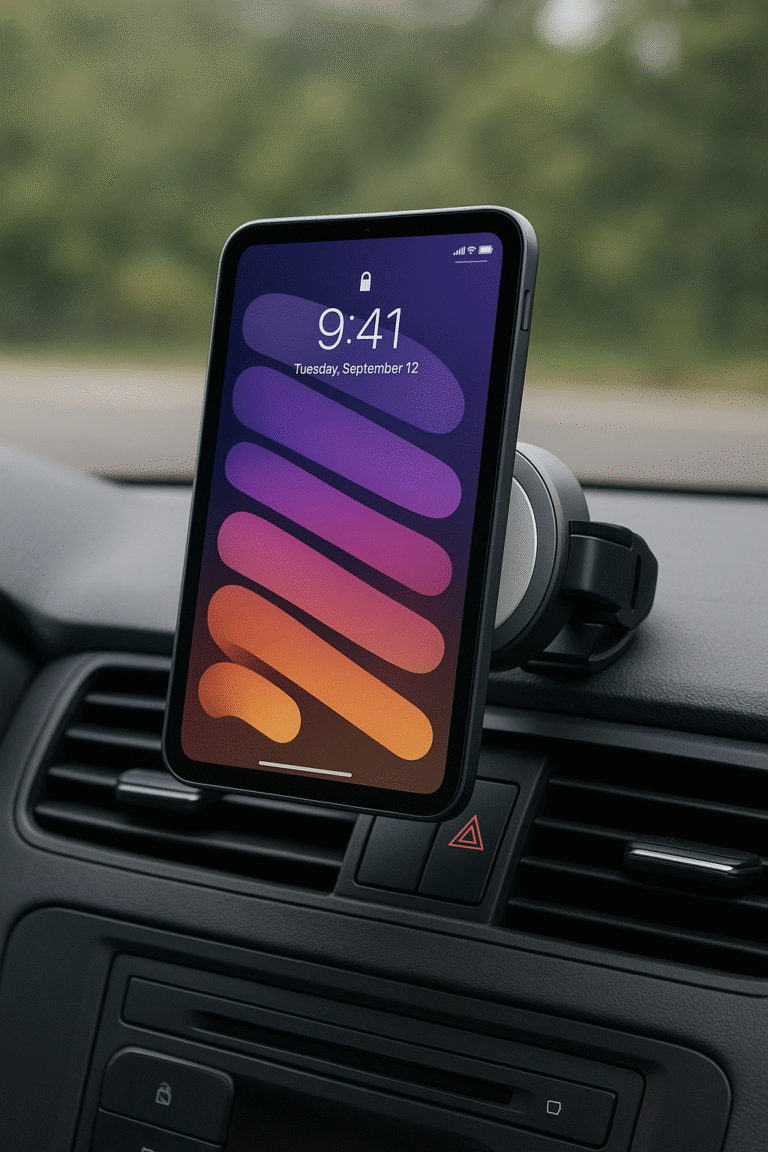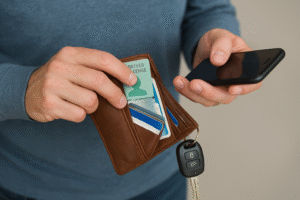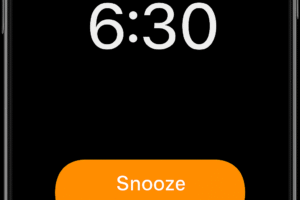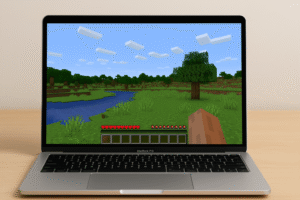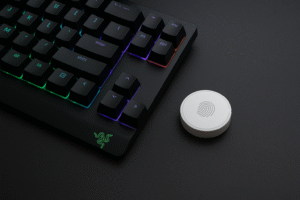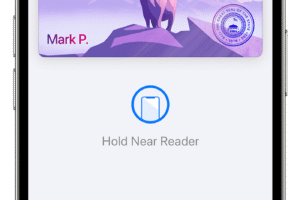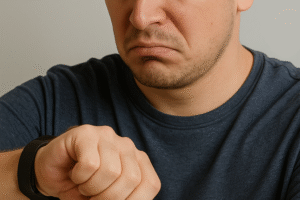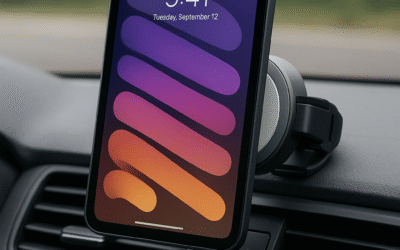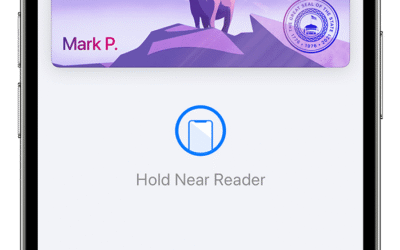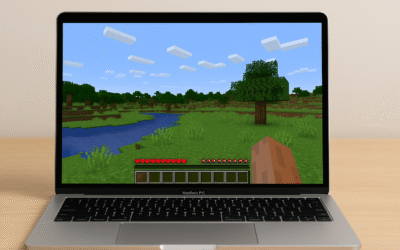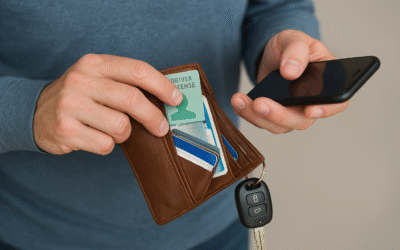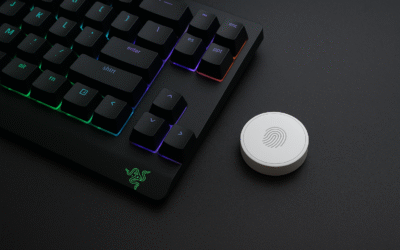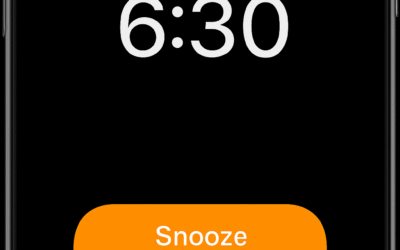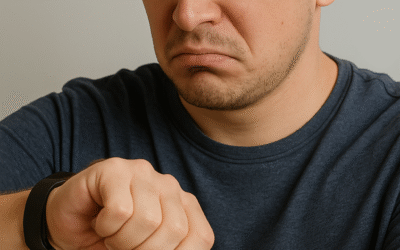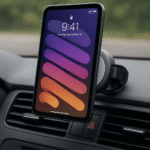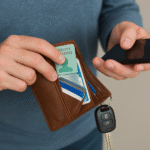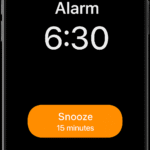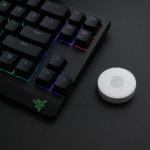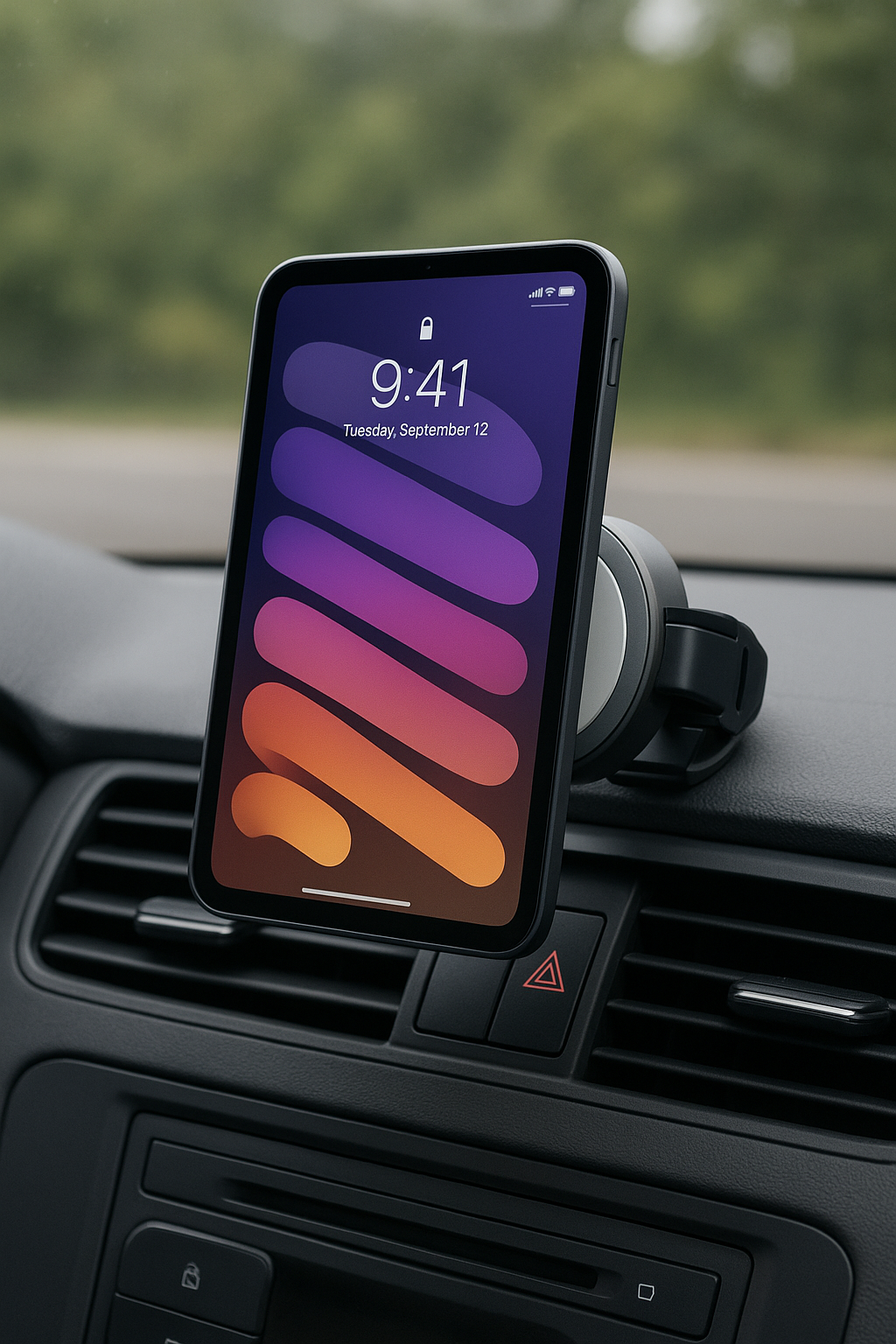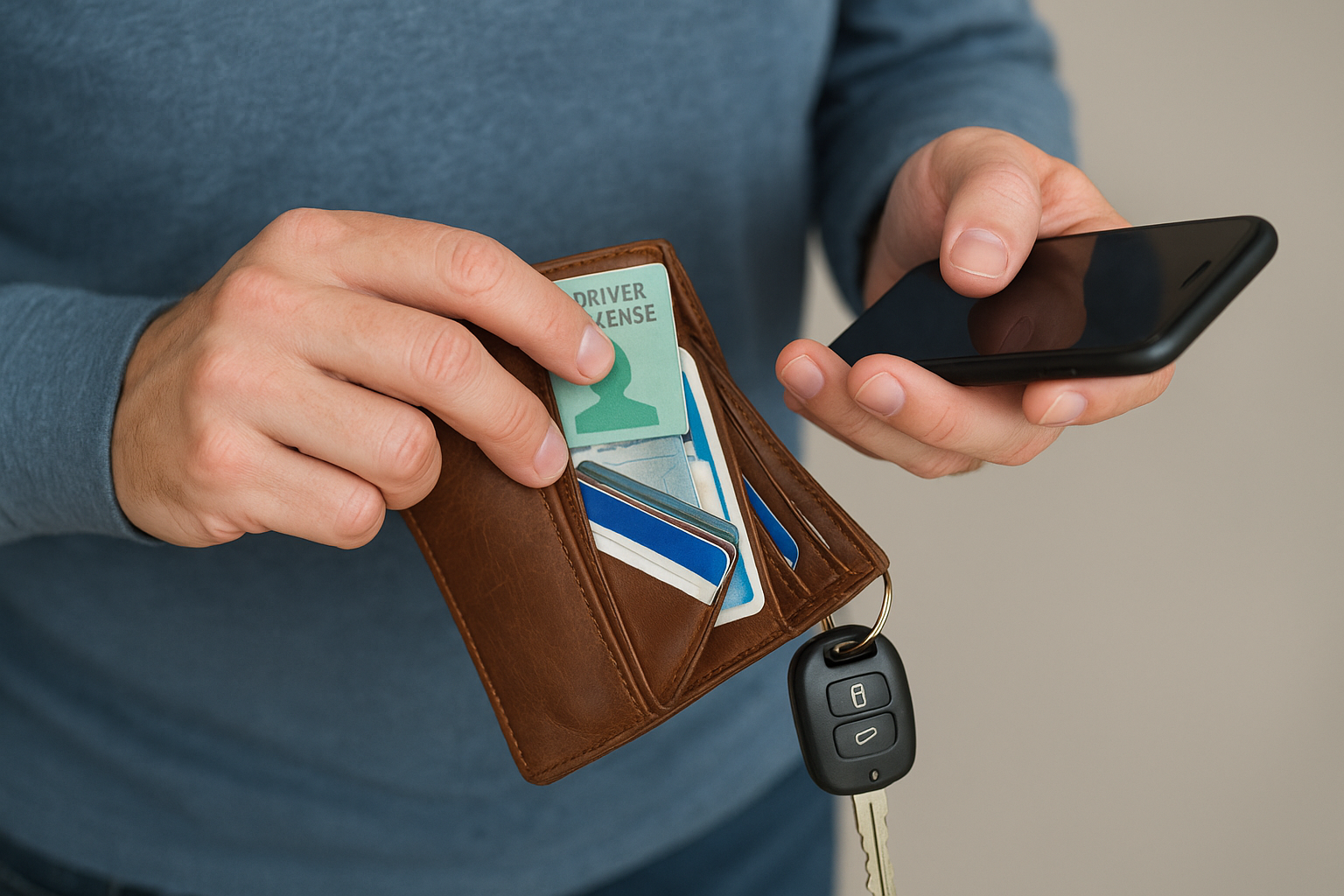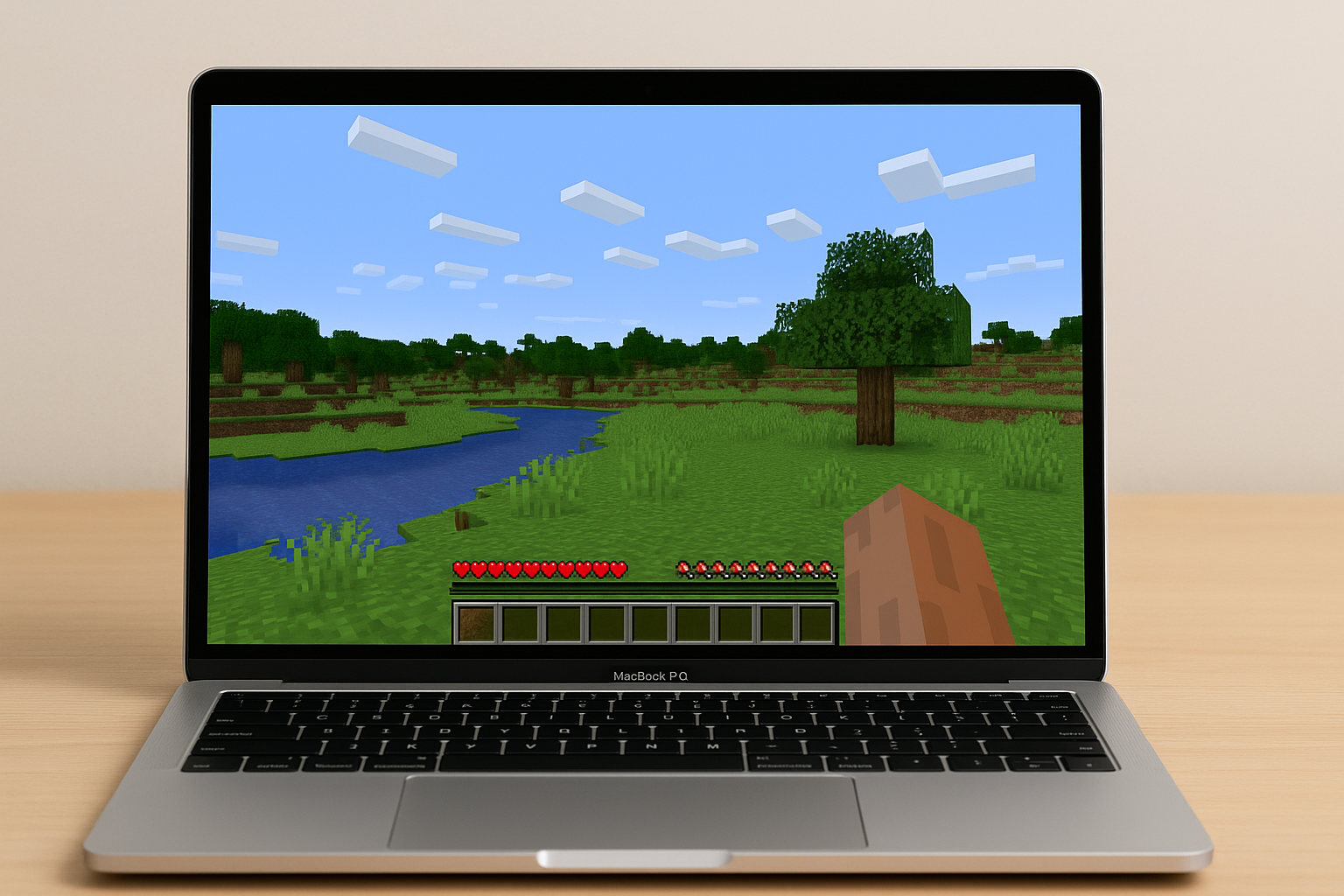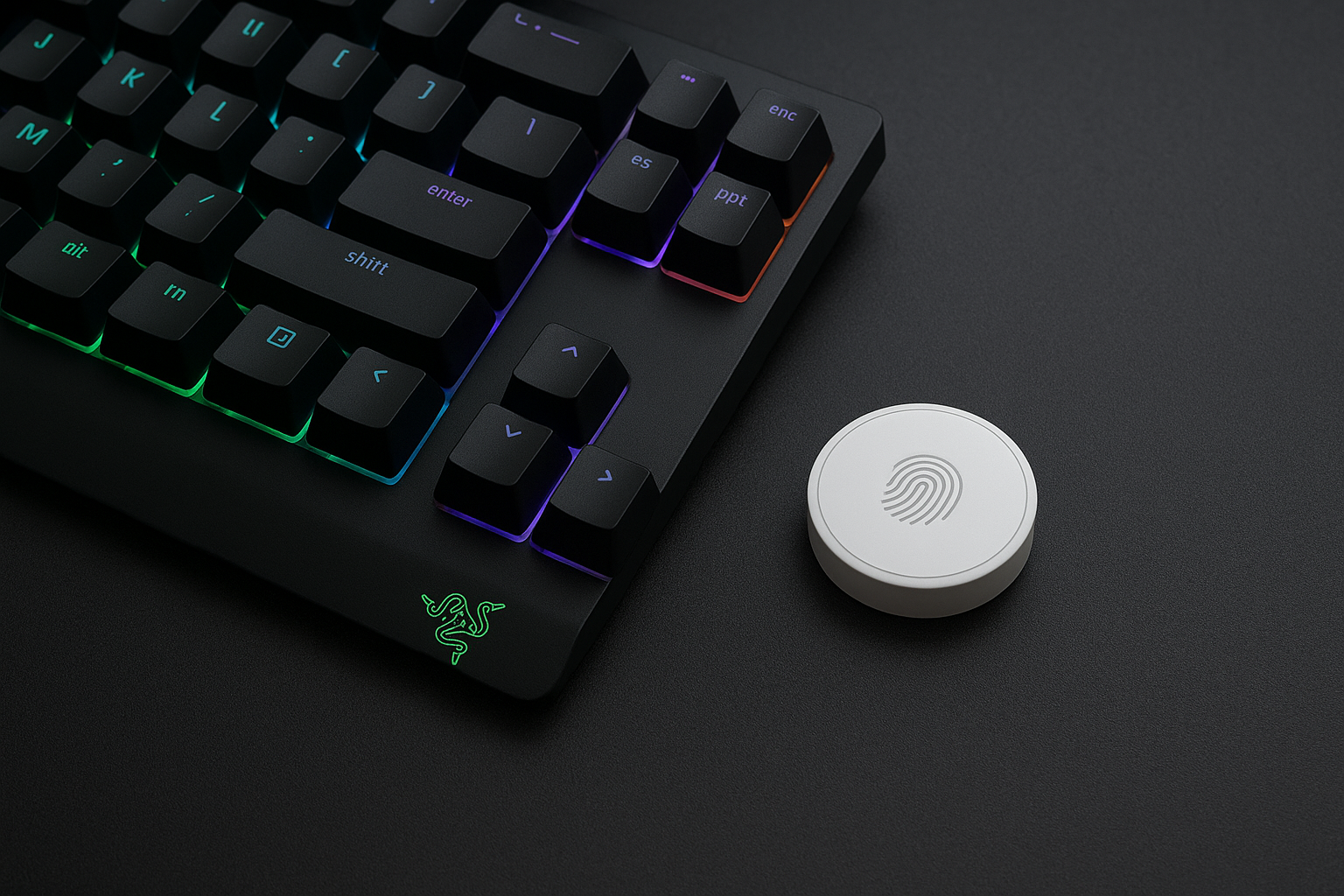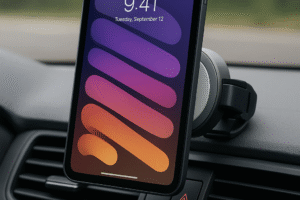
Is the iPhone Alarm Snooze Function Still Really Limited to 9 Minutes in 2025?
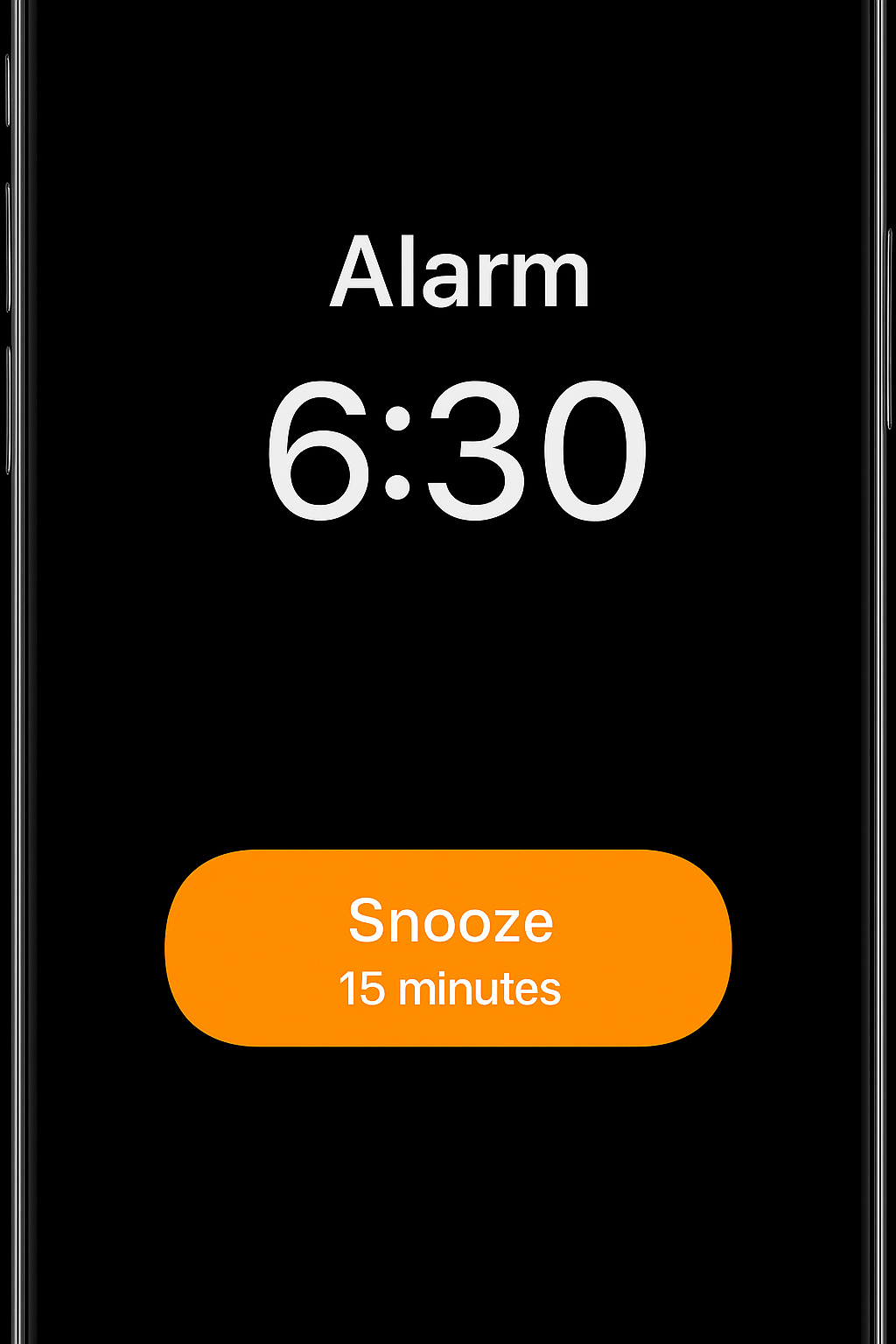
If you’ve ever used the default iPhone alarm clock, you’ve probably noticed something strange: the snooze button is locked to 9 minutes. No matter how you set your alarm, if you hit snooze, you get precisely nine more minutes of sleep—never ten, never fifteen. It’s a quirk that most people just accept, but why does Apple force this on users in 2025 when we’re carrying around some of the most advanced digital devices ever made?
The 9-minute snooze has its roots in mechanical alarm clocks. Back in the mid-20th century, engineers had to work around physical gear limitations inside wind-up clocks. Designing a snooze mechanism to last exactly 10 minutes was tricky due to the way gears meshed, and nine minutes ended up being the most feasible compromise. Over time, the 9-minute snooze became a kind of industry tradition, baked into alarm clocks everywhere.
But here’s the problem: our iPhones and iPads are not wind-up clocks with gear constraints. They are fully programmable digital computers. There is no mechanical reason why snooze has to be nine minutes—it’s just an arbitrary relic of history. And for many of us, nine minutes is not an ideal snooze duration. Fifteen minutes feels far more natural, giving enough time to drift back to sleep and wake up without having to hit snooze multiple times or set multiple alarms.
Yet, Apple provides no option to adjust the snooze duration. If you want 15-minute snoozes, you’re forced into awkward workarounds like stacking several alarms. Even worse, Apple restricts full-screen access to third-party alarm clock apps. Many of those apps do allow customizable snooze durations, but they can’t bypass iOS limitations to take over your lock screen the way the built-in alarm can. That means their alarms don’t feel as seamless or as loud and reliable as Apple’s default. I HATE the stupid click on the notification are work around when I am sleeping!
Why are we stuck with a snooze duration designed for 1950s mechanical clocks on our 21st-century devices? Is it Apple clinging to tradition, or just an oversight? Either way, it’s time for Apple to give us control over something as basic as how long we snooze. Until then, iPhone users will keep asking the same question: Why can’t we have a reasonable snooze—like 15 minutes—without jumping through hoops?
